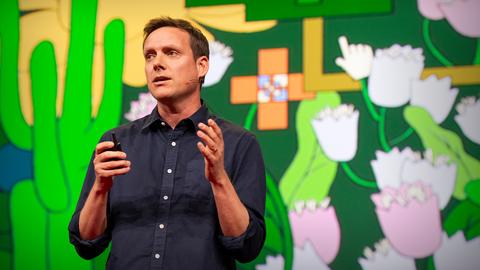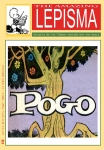I sprained my ankle yesterday while out for a run with my dogs Ringo and Dazy and so I'm spending the day with my foot propped up, catching up on some email, reading and writing a few belated Thank You postcards.
I thought I'd share this insightful, quick read from Peter Madden at Advertising Age: Twenty Things I've Learned After 40 Years Living and 10 Years Running an Agency.
Here's a few that ring true for me:
1. Realize what you're great at and do it all the time. Realize what you suck at and stop doing it completely (and put the right person in place to do it).
5. Trust your instincts. You can interview a prospective employee or client 10 times, they can say and do all the right things, but if your Spidey sense is tingling, something is amiss.
8. Do pro bono work for non-profit organizations that are trying hard to make the world a better place. You'll get more out of it.
14. Did someone working for you just disagree with a decision you want to make? Good. Keep her around as long as possible.
16. Throw parties at your office, no matter how humble or grand the space, for no reason at all. It's all about the people in the room, good music, and not running out of booze or ice.
17. Put your f***ing BlackBerry/iPhone down when you're meeting with me.
And of course -
20. Write personal notes thanking people you meet with and who are in your life. Besides death and taxes, the only other sure thing in life is that no matter who you are, it's exciting to get a handwritten note.
That's right,
HMK
Thanks again to Peter Madden at Ad Age.

















































